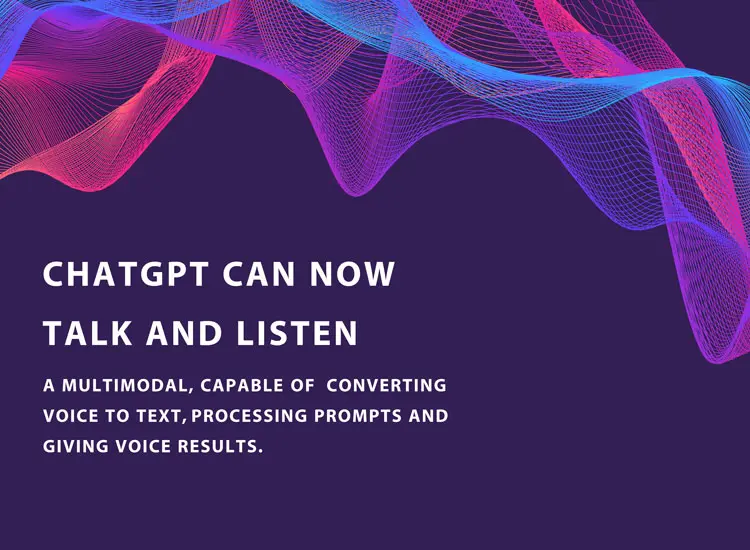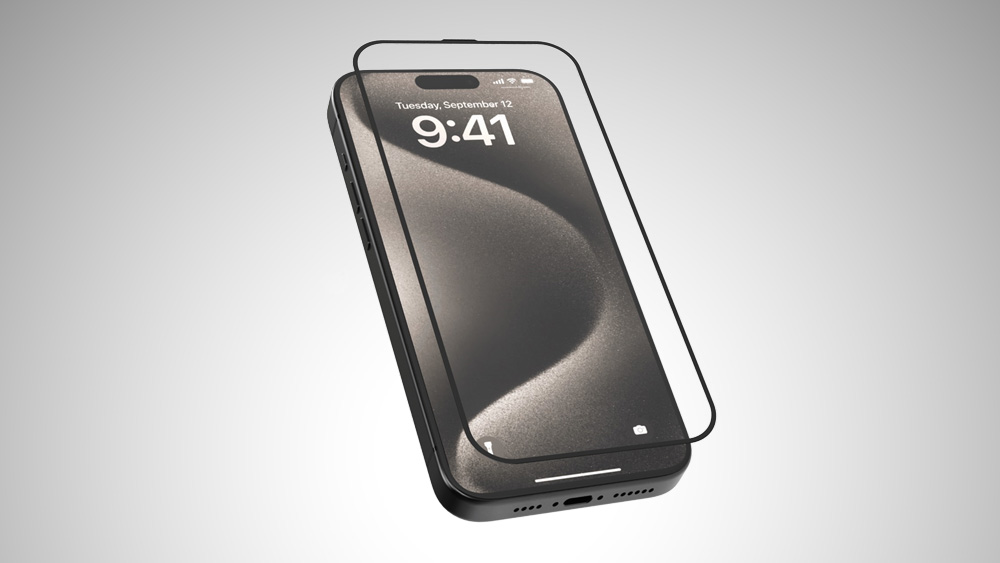OpenAI started to introduce ChatGPT’s Advanced Voice Mode on Tuesday and also started to give access to users. You can experience incredible AI interaction with hyperrealistic voice answers. A wider release is expected in the fall of 2024. This innovation will qualify conversational AI and thanks to this update users will have a more immersive and lifelike experience.
From Basic Voice Mode to Advanced Voice Mode
The previous version of ChatGPT’s voice mode used three separate models: one to convert your voice to text, GPT-4 to process your prompt, and then a third to convert ChatGPT’s text into voice. The new GPT-4o model integrates these functions into a single and multimodal system. This advancement reduces latency and enhances simpleness of the conversations and totally makes conversations more efficient and responsive. OpenAI's technology can now detect emotional intonations in your voice, such as sadness or excitement, and even respond with singing.
Voice Cloning Precautions
There was some discussion when GPT-4o's voice capabilities were first introduced. When OpenAI first introduced the voice feature which named Sky, it was similar to Scarlett Johansson's voice in the film Her. Because Johansson had not given her permission for her voice to be used, the similarity caused public outrage and encouraged her to take legal action. OpenAI denied using her voice on purpose but it removed the Sky voice from their demo by the way. This accident caused the ethical and legal concerns surrounding voice cloning technologies.

Safety Measures and Restrictions
These challenges might cause serious problems for this big company and dissatisfy users. OpenAI has performed strict safety protocols for the release of Advanced Voice Mode. The company tested the feature with over 100 external red teamers, who speak 45 different languages between them to ensure safety standards. Moreover, OpenAI has introduced filters to prevent the creation of copyrighted music or other audio content to avoid legal problems similar to those faced by other AI companies like ElevenLabs, Suno, and Udio.
Gradual Rollout and User Experience
OpenAI's Advanced Voice Mode will at first include four predetermined voices which are Juniper, Breeze, Cove and Ember. These are developed in collaboration with professional voice actors. These voices are designed to avoid impersonation of public figures or individuals to answer concerns about deepfake technology. Users in the alpha group will receive notifications within the ChatGPT app. They will also get an email about how to access and use the new feature.
For now some functionalities, such as video and screensharing are not included in this upcoming version but OpenAI plans to introduce these features at a later date. The company distributes slowly to monitor usage closely and refine the technology based on user feedback and safety considerations.
Conclusion
OpenAI's release of ChatGPT's Advanced Voice Mode is a significant turning point in the evolution of AI-driven communication. This feature offers hyperrealistic voices and integrates advanced emotional detection. OpenAI enhances user interaction and sets a new standard in the industry. The company should be careful about moral consequences and legal issues and take action to prevent abuses.
As this technology becomes more widely available, it promises to transform the way we interact with machines and it makes digital conversations more natural and engaging than ever before.



